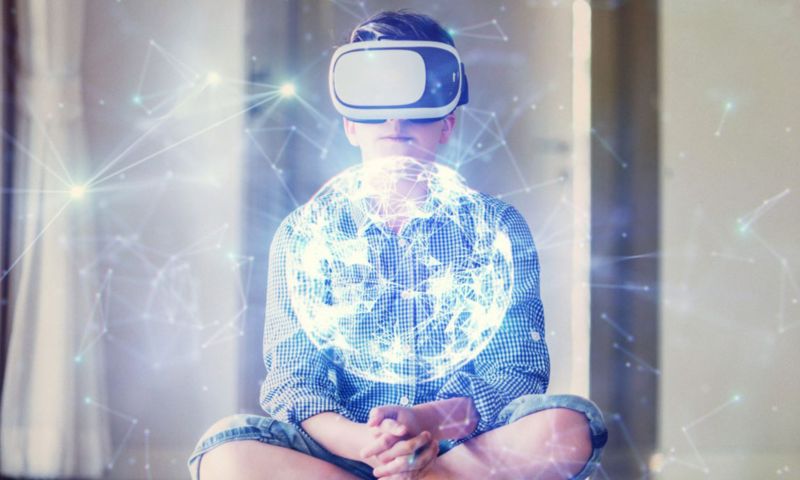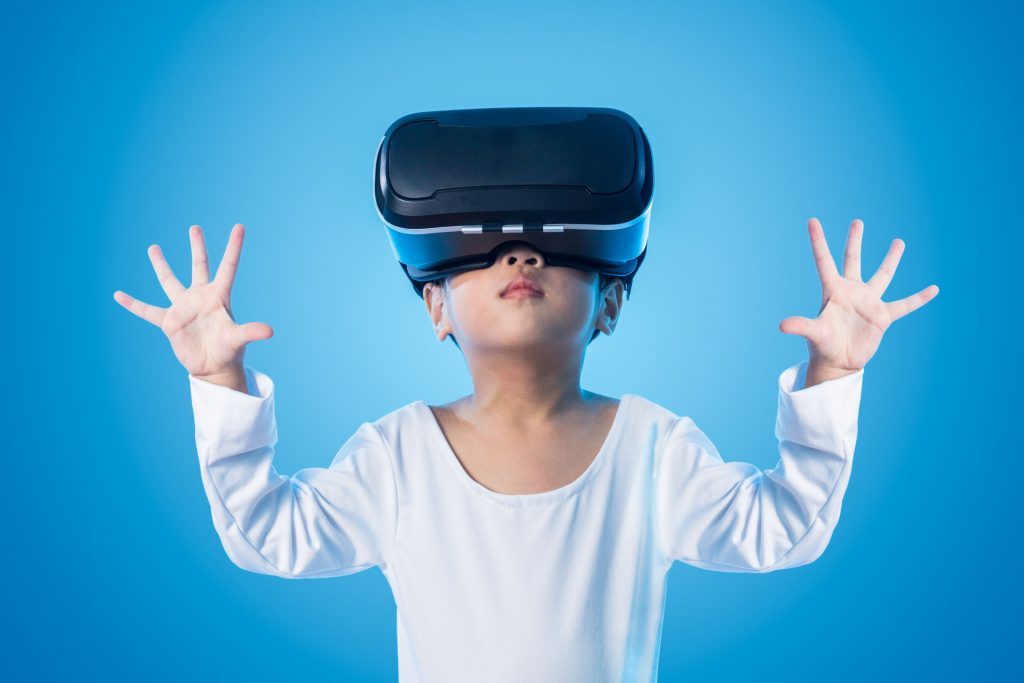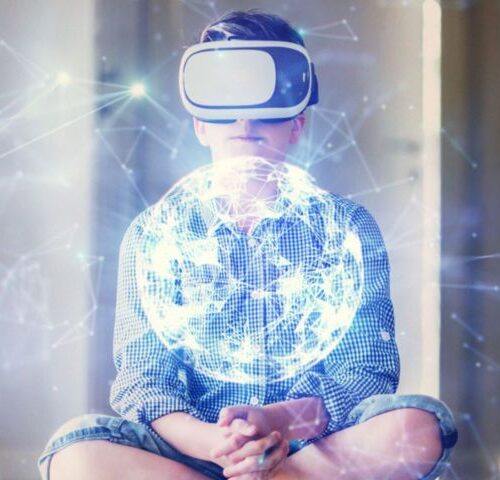 Virtual reality (VR) technologies have brought immersive experiences to new heights, but they also raise profound ethical questions about the nature of reality, empathy, and the blurring of digital and physical boundaries. As VR becomes increasingly integrated into our lives, exploring its impact on moral perceptions becomes a crucial endeavor.
Virtual reality (VR) technologies have brought immersive experiences to new heights, but they also raise profound ethical questions about the nature of reality, empathy, and the blurring of digital and physical boundaries. As VR becomes increasingly integrated into our lives, exploring its impact on moral perceptions becomes a crucial endeavor.
 Altered Perceptions of Reality
Altered Perceptions of Reality
Virtual reality immerses users in digital environments that can simulate real-world experiences. This has the potential to alter perceptions of reality, blurring the lines between the physical and digital realms. The ethical question arises: how might these altered perceptions influence our understanding of truth and the distinction between real and simulated experiences?
Empathy and Ethical Implications
Virtual reality has shown promise in fostering empathy by allowing users to virtually experience different perspectives and situations. This can be beneficial in promoting understanding and compassion. However, it also introduces ethical complexities—does simulated empathy truly equate to genuine human connections and interactions?
 Virtual Reality and Real-Life Consequences
Virtual Reality and Real-Life Consequences
As VR experiences become more immersive, the actions and choices made within virtual environments can have real-life consequences. Ethical dilemmas arise when virtual actions, which might not have real-world repercussions, affect individuals’ attitudes, behaviors, and beliefs outside of the virtual realm.
Privacy and Consent
The collection of personal data and the potential for surveillance within virtual reality environments raise concerns about privacy and consent. Users’ movements, behaviors, and interactions can be tracked and analyzed, leading to questions about how this data is used and who has access to it.
Creating Artificial Experiences
Virtual reality has the potential to create entirely artificial experiences that might be indistinguishable from reality. This poses ethical questions about the implications of creating scenarios that blur the boundaries between fact and fiction, potentially leading to moral desensitization or manipulation.
Conclusion
Virtual reality is a technology with immense potential for entertainment, education, and even therapeutic purposes. However, its ethical implications cannot be ignored. As we navigate the intersection of virtual and moral realities, thoughtful consideration is required to ensure that the power of VR is harnessed responsibly, fostering empathy, respect for truth, and a clear understanding of the implications of our virtual actions on the real world.
